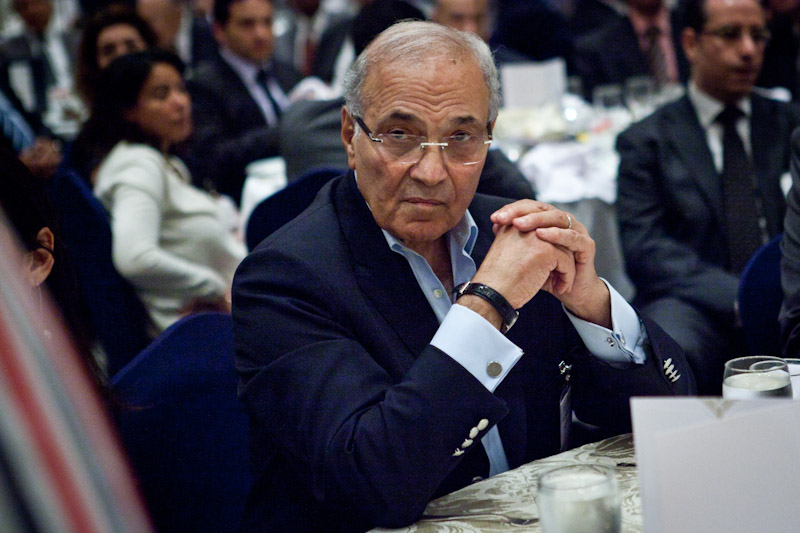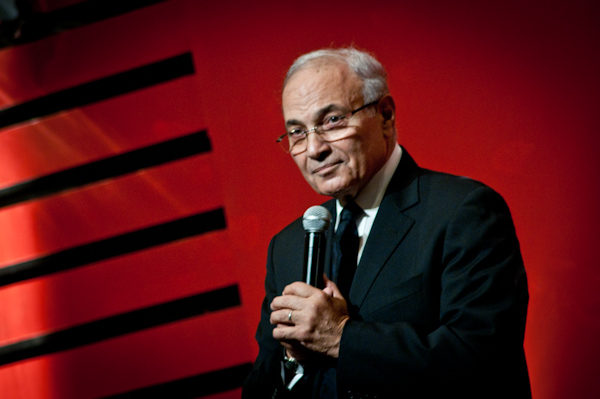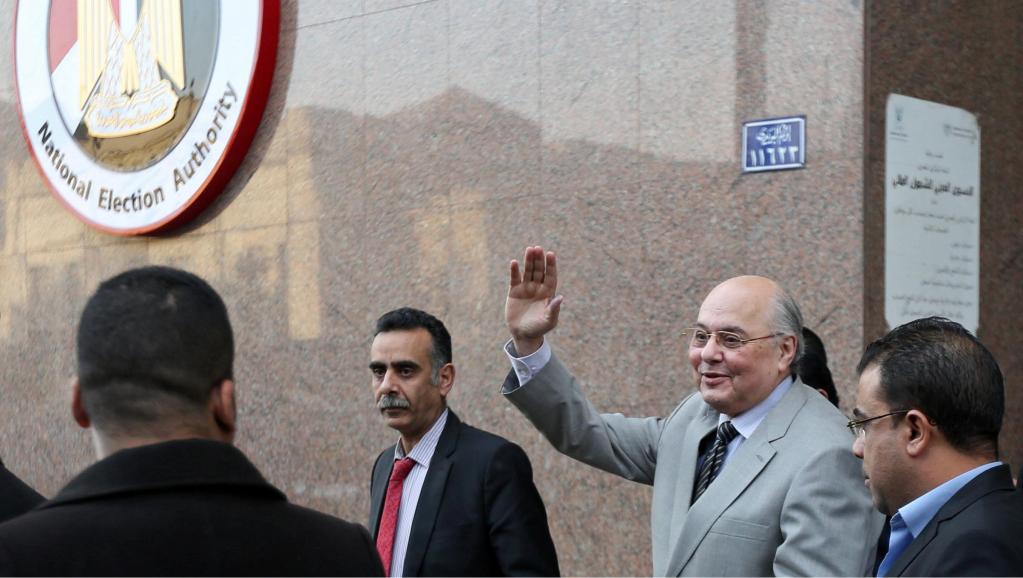
Former presidential candidate Ahmed Shafiq has said he did not expect President Mohamed Morsy to win the presidential election.
"Many told me I was the winner, and according to special standards I was in the lead,” he said. “When the results were announced I was surprised.”
In his first interview since the announcement that he had lost the runoff election, Shafiq told Sky News Arabia presenter Amr Abdel Hamid that he found Morsy's speech in Tahrir Square Friday "enthusiastic and emotional."
He also said that the new administration "will have to exert great effort to achieve a civilian state, as it is not clear now whether Morsy will abide by the civilian nature of the state or not."
Shafiq said Morsy's oath in Tahrir Square was an "enthusiastic and emotional speech."
But he said the new president should not be judged on his words alone.
"We have to follow up the actual practices of the new president before assessing him," he said.
Mantaining a civil, not religious state will be the biggest challenge for Morsy, Shafiq said. He expects the Muslim Brotherhood will aim to establish a religious state. Shafiq said he rejects mixing religion and politics.
Shafiq also addressed his earlier accusations, while campaigning, that the Muslim Brotherhood was intending to sell the Suez Canal.
"I raised the topic at the time, because people were afraid of the idea,” he said. “I said I will not allow renting, selling or any harm to the Suez Canal."
Shafiq also said he was ready to serve his country if he receives a proposal that suits his capabilities.
He said the new administration will need to exert greater effort to maintain balanced relations with regional countries. He said it is important that Egypt not violate international treaties.
Shafiq also discussed the telephone call between him and US President Barack Obama following the announcement that he had lost the presidential election.
“He considered that it was a great success for me to get almost half of the votes," he said."Obama believed I should continue my political career and said that would enrich Egypt's democratic experience.”
Edited translation from Al-Masry Al-Youm



